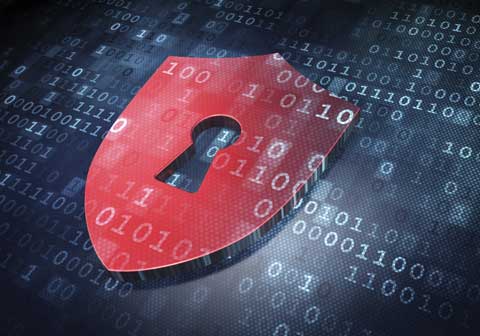
Fahrenheit 2552

Internet censors will find themselves engaged in an electronic version of Whack-A-Mole: close down one portal and another opens up.
[imageframe lightbox=”no” style_type=”none” bordercolor=”” bordersize=”0px” stylecolor=”” align=”right” animation_type=”0″ animation_direction=”down” animation_speed=”0.1″ class=”” id=””][/imageframe]
2552°F is the melting point of silicon. That’s significantly higher than the temperature at which paper burns, which was famously adopted as the title of Ray Bradbury’s classic science fiction novel: Fahrenheit 451. For those who haven’t read the book (or experienced the inherent irony of the 1966 movie), it takes place in a dystopian future where people drive fast cars, watch wall-size televisions, and listen to earbud radios. Well, at least it was science fiction when Bradbury wrote the book in 1953.
In this future they also burn books. Not just certain books: all books.
The basis for this is the belief that the conflicting opinions and controversial issues that literature presents cause unhappiness and disruption in society. Authorities hunt down and destroy hidden caches of books and severely punish those caught hoarding them. There is an opposing, underground movement, of course, dedicated to such radical ideas as preserving independent thought and appreciating the natural world.
Today we drive fast, have big TVs, and listen to a lot more than just “radio” on our Bluetooth devices. What we aren’t doing is burning books (misguided Florida preachers notwithstanding). Instead we’re witnessing the written word progressively migrate from paper to our e-readers and web-enabled devices. Bypassing the printing press makes each of us a potential author (if only of a 140-character tweet) and independent thought remains alive, well, and more independent than ever. This fact, however, is not universally well received.
For a variety of reasons, governments around the world have attempted to censor Internet. China is the most aggressive in its efforts to both ban content and monitor the use of the Internet by individuals, creating what is now referred to as “the Great Firewall of China”. Several nations in the Middle East are close behind them. Don’t assume, however, that such actions are limited to totalitarian and Islamic fundamentalist states. Both France and Germany, for example, have blocked content related to Nazism and denial of the Holocaust. Many countries block websites that involve child pornography or encourage the theft of intellectual property. As in the past, the central questions are whether legitimate reasons exist for a government to engage in censorship, and does the acceptance of censorship in any form move a society onto the proverbial slippery slope.
For myself, I believe these issues are moot… or at least soon will be. The irresistible acceleration of technology will continue to open more means of achieving online access and expand both wireless mobility and anonymity. Censors will find themselves engaged in an electronic version of Whack-A-Mole: close down one portal and another opens up. When the Mubarak government in Egypt shut down the country’s Internet during the Arab Spring, protesters were able to link up mobile devices through satellite Internet services. Despite the Great Firewall and an estimated 30,000 “Internet police”, China has had difficulty controlling internal microbloggers using weibo – the Chinese version of Twitter with over 300 million users. The only true way to control the Internet is to shut it down completely, and that is not going to happen.
Unlike the paper books in Bradbury’s novel, digital communication is integral to modern life. Modern societies cannot hope to survive, let alone compete in global markets, without these technologies or the networks they enable. Ultimately, controlling the Internet will prove to be an impossible task for even the most repressive governments. Independent thought will endure… with both its inherent benefits and dangers intact.
No, we aren’t about to melt down our silicon devices. For good or bad, the digital age is here: and, by its very nature, it does not recognize boundaries or accept limitations.
